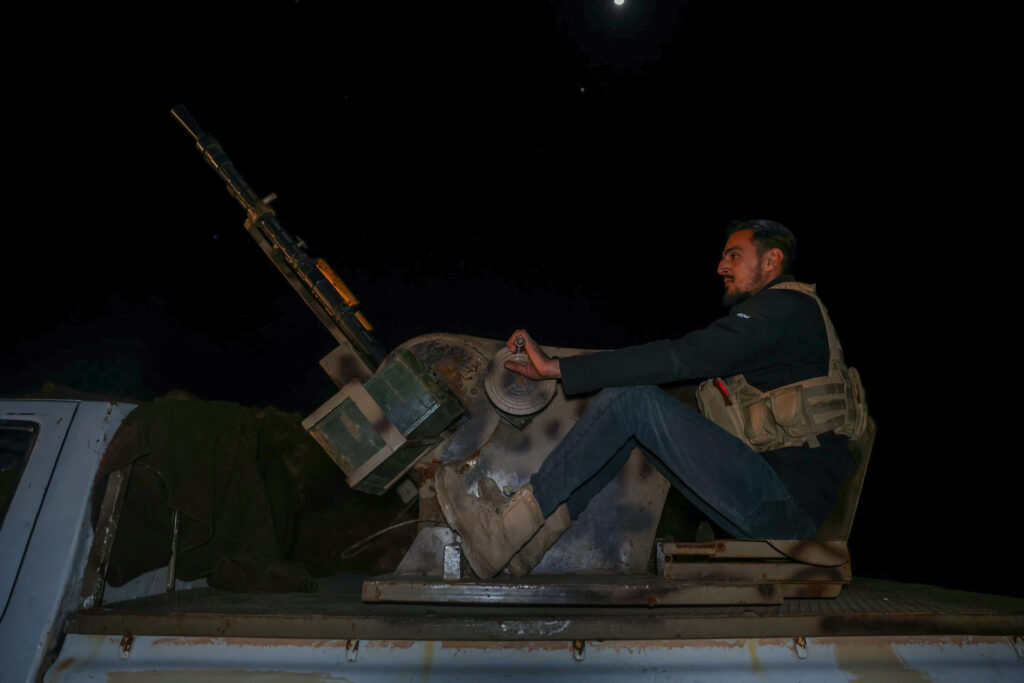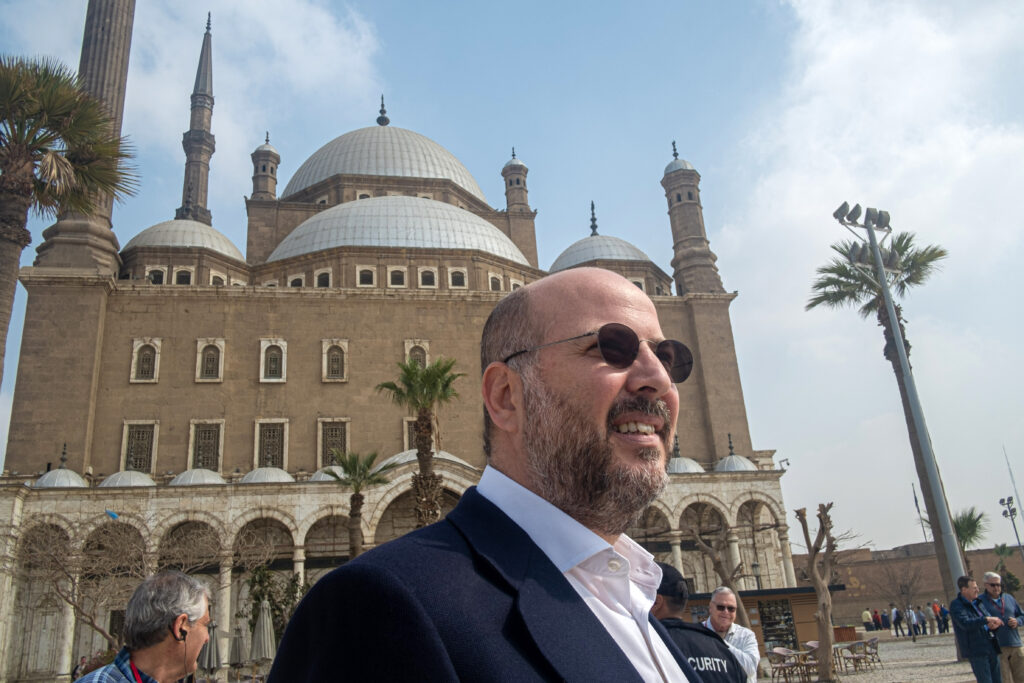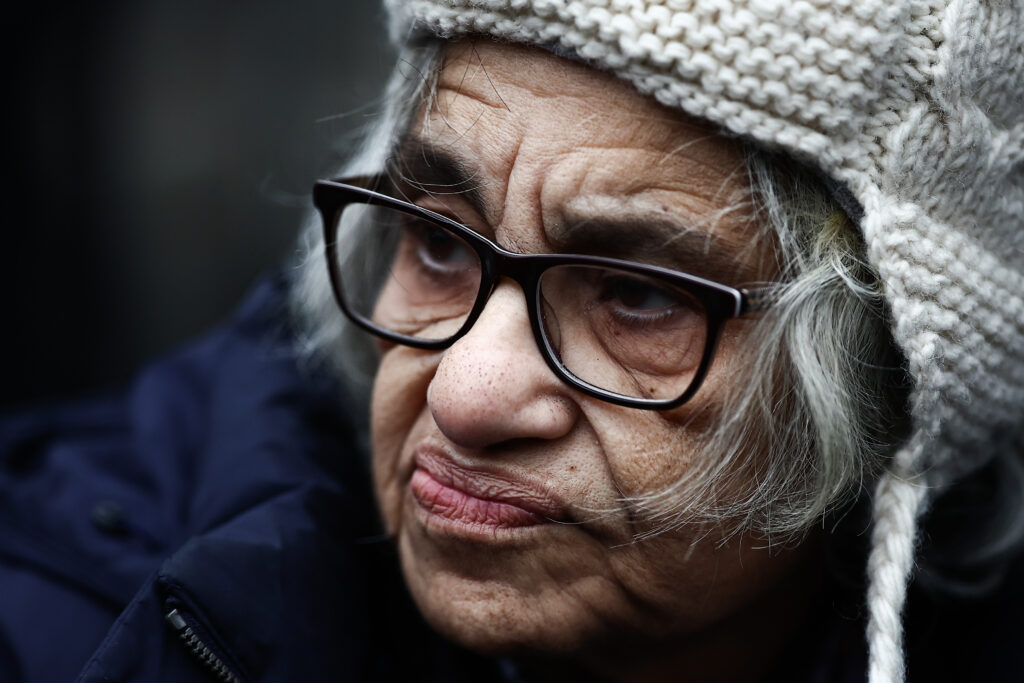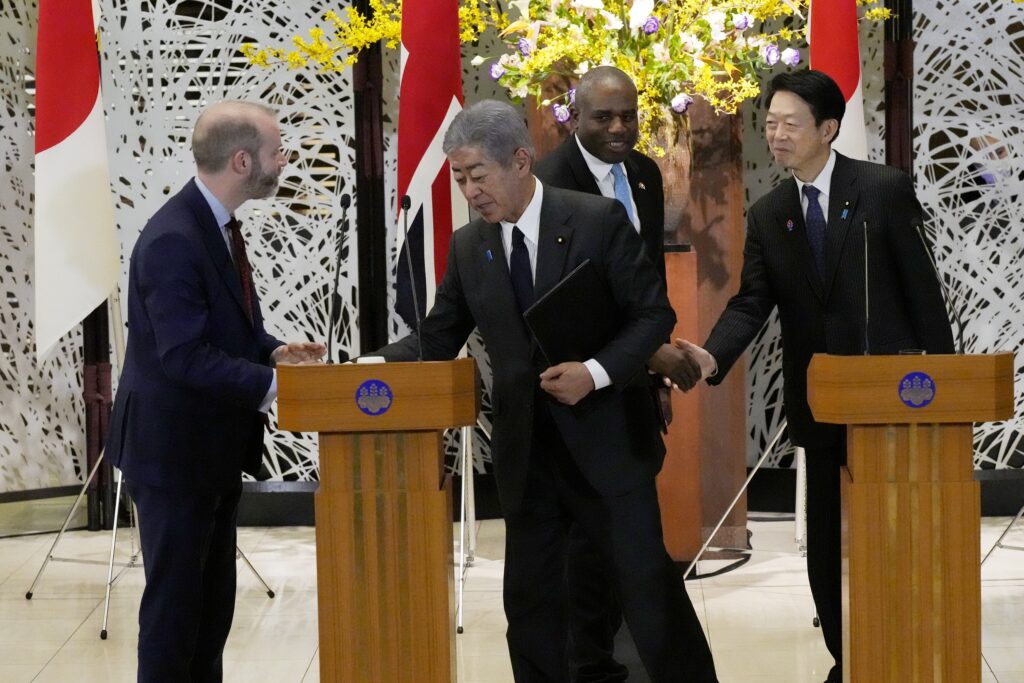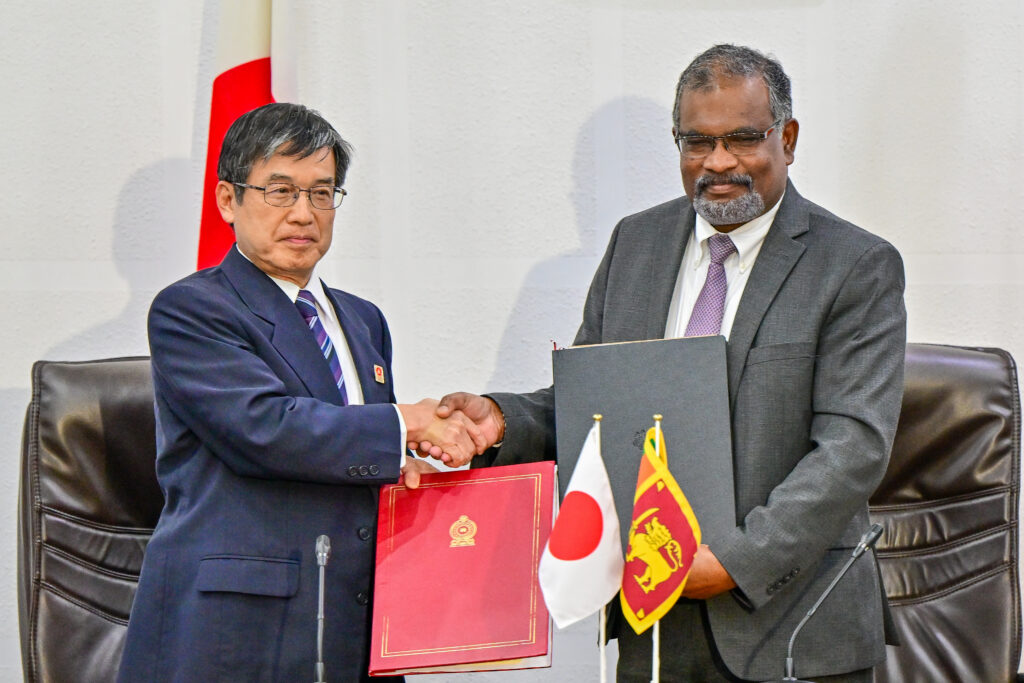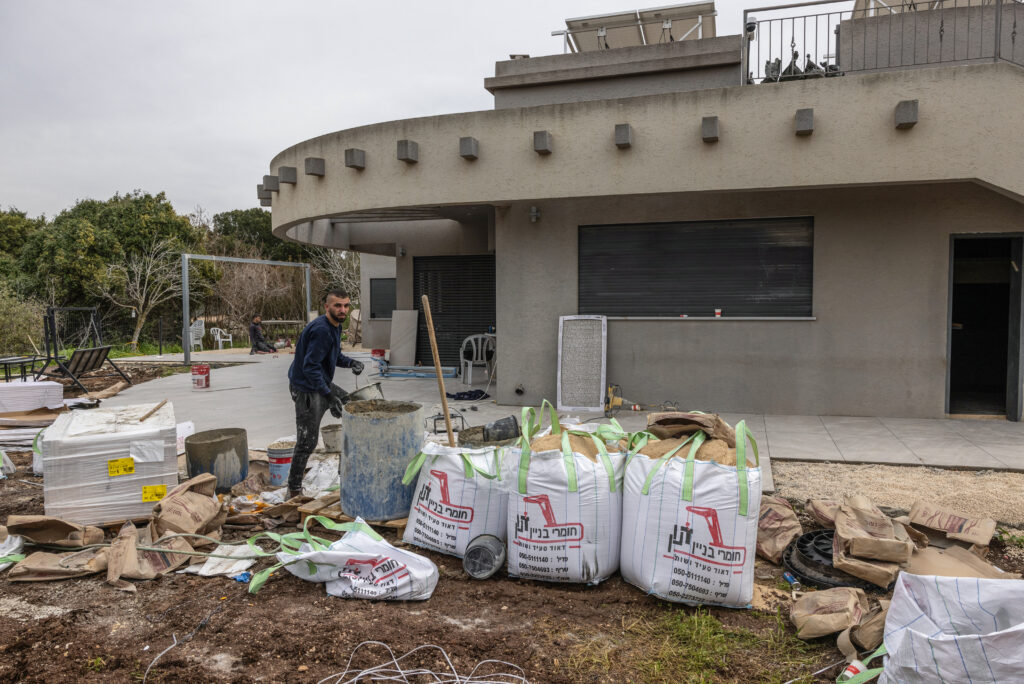Syria monitor says security forces ‘execute’ 52 Alawites after fierce clashes
A Syrian war monitor said Friday said that security forces “executed” 52 members of the Alawite minority, a day after deadly clashes with gunmen loyal to toppled president Bashar al-Assad.Thursday’s violence saw the fiercest attacks on the country’s new authorities since Assad was ousted in a lightning offensive by Islamist-led rebels in December.Restoring security has been one of the most daunting challenges facing the new authorities since Assad’s ouster, which ended more than 13 years of civil war sparked by his crackdown on pro-democracy protests.The Britain-based Syrian Observatory for Human Rights said “security forces executed 52 Alawite men in the towns of Al-Shir and Al-Mukhtariya in the Latakia countryside” based on videos it verified, as well as testimonies it received from relatives of the dead.The Observatory and activists released footage showing dozens of bodies in civilian clothing piled in the yard of a house, with blood stains nearby and women wailing.In another clip, men in military garb appear to order three people to crawl on the ground behind each other before opening fire on them at close range.AFP could not independently verify the images.Syria’s new authorities had earlier launched a sweeping security operation after Thursday’s clashes left at least 72 people dead.A curfew was imposed in the coastal provinces of Latakia and Tartus, heartland of the ousted president’s Alawite religious minority, until Saturday.Security forces began what official news agency SANA described as a “large-scale” operation in the two provinces, following the arrival of reinforcements.The operation “targeted remnants of Assad’s militias and those who supported them”, a security official cited by SANA said, as he called on civilians to “stay in their homes”.The defence ministry said it had sent reinforcements to the port cities of Latakia and Tartus.According to the Observatory’s latest toll, at least 124 people have been killed since the clashes erupted on Thursday.They include 72 people killed in the fighting, among them 36 members of the security forces, 32 gunmen and four civilians, the monitor said.The Britain-based Observatory also reported dozens of people wounded and others taken prisoner by both sides.Authorities have also imposed a curfew in Syria’s confessionally divided third city Homs.Mustafa Kneifati, a security official in Latakia, said that in “a well-planned and premeditated attack, several groups of Assad militia remnants attacked our positions and checkpoints, targeting many of our patrols” around the coastal town of Jableh.Kneifati said security forces would “work to eliminate their presence”.”We will restore stability to the region and protect the property of our people,” he said.SANA said that during their operation, security forces detained Ibrahim Huweija, a general who was “accused of hundreds of assassinations” under the rule of Assad’s father and predecessor, Hafez al-Assad.- ‘Everyone’s afraid’ -Ali, a farmer living in Jableh, told AFP he saw “urban battles and street fighting”.”All night, we heard the sounds of gunfire and explosions,” he said.”Everyone’s afraid… we are trapped at home and we can’t go out.”Thursday’s clashes saw security forces conduct helicopter strikes after they clashed with gunmen loyal to Assad-era special forces commander Suhail al-Hassan in the village of Beit Ana.The strikes had prompted leaders of the Alawite community to call for “peaceful protests”, saying they had targeted “the homes of civilians”.Tensions had erupted after residents of Beit Ana, the birthplace of Suhail al-Hassan, prevented security forces from arresting a person wanted for trading arms, the Observatory said.Security forces subsequently launched a campaign in the area, resulting in clashes with gunmen, it added.The killing of at least four civilians during an operation in Latakia also sparked tensions, the monitor said on Wednesday.Security forces launched the campaign in the Daatour neighbourhood of the city on Tuesday after an ambush by “members of the remnants of Assad militias” killed two security personnel, state media reported.Islamist rebels led by Hayat Tahrir al-Sham launched an offensive that toppled Assad on December 8, when he fled to Russia with his family.Multiple high-ranking Assad loyalists have also fled since the former president’s ouster, but many others remain in the country.Syria’s new security forces have since carried out extensive campaigns seeking to root out Assad loyalists from his former bastions.Residents and organisations have reported violations during those campaigns, including home seizures, field executions and kidnappings.Syria’s new authorities have described the violations as “isolated incidents” and vowed to pursue those responsible.Ahmed al-Sharaa, whose Islamist group led the rebel offensive, has since become interim president.Saudi Arabia, which Sharaa visited last month, reaffirmed its support for the new authorities, as did neighbouring Turkey.”Such provocations must not be allowed to become a threat to the peace of Syria and our region,” Turkish foreign ministry spokesman Oncu Keceli posted on X.
